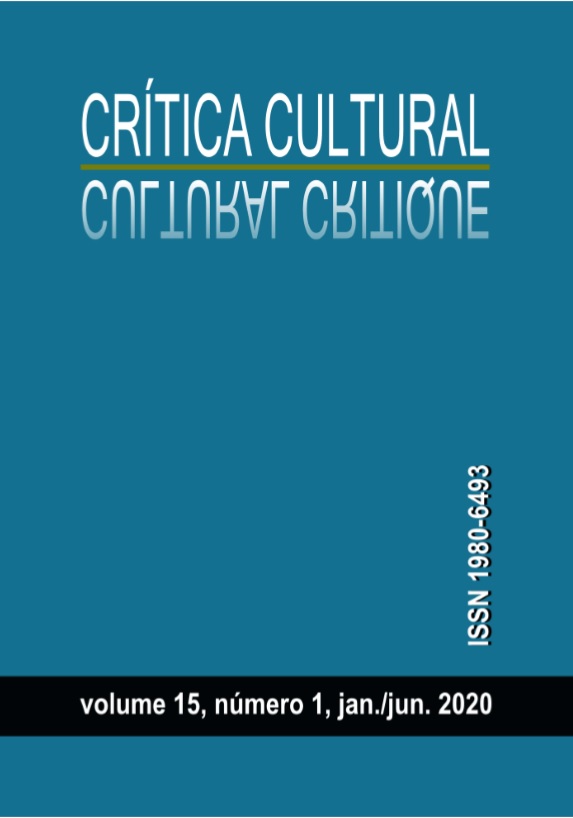The writing of the voice on the verses of the manuscript Notas sobre uma possível A casa de farinha, by João Cabral de Melo Neto
DOI:
https://doi.org/10.19177/rcc.v15e12020135-152Keywords:
Voz, Oralidade, Teatro, Casa de farinha, João Cabral de Melo NetoAbstract
Notas sobre uma possível A casa de farinha (2013), by João Cabral de Melo Neto, is an unfinished book and represents the course of a textual genesis; a poetic planning written from 1966 to 1985. In the write of the verses, João Cabral attributes to the auto the status of orality to represent the workers' voice and sociocultural conflict about the possible reasons for closing the flour house. In the analysis of the drafts of the verses, we think the orality based on the primacy of rhythm as an organization of speech and as an element of voice and writing (MESCHONNIC, 1989). The voice of the flour house workers is mediated by the subjectivity, ethics and readings that João Cabral read for the writing of the A casa de farinha; in other words, the voice belongs to the workers (flour songs, artisan tradition), but the rhythm is cabralino (rhyme toante, repetition, word games).Downloads
Published
2020-06-30
Issue
Section
Dossiê: Cenografias da voz, ontografias do sentido: corpo e enunciação, historicidade e ontologia
License

Revista Crítica Cultural de http://www.portaldeperiodicos.unisul.br/index.php/Critica_Cultural/index está licenciado com uma Licença Creative Commons - Atribuição 4.0 Internacional.


